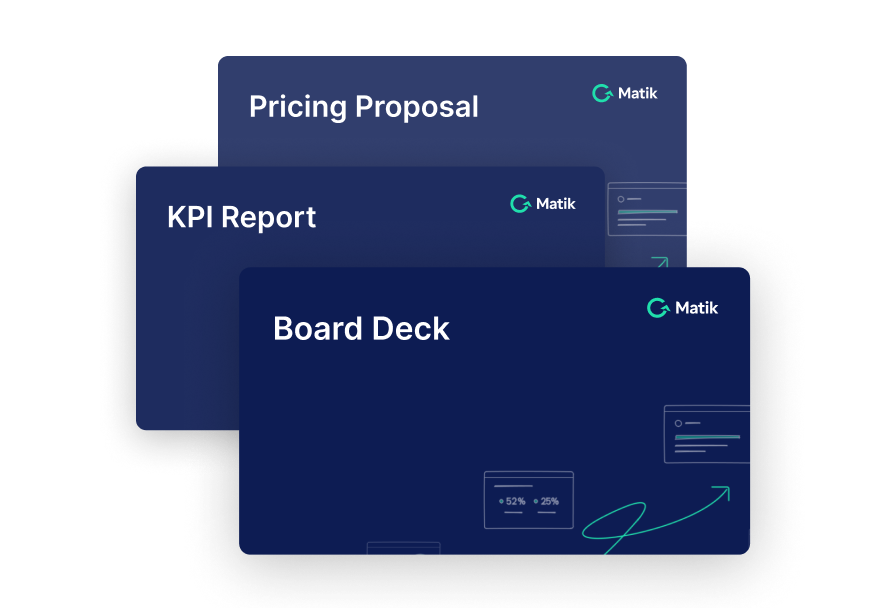Join Our Newsletter
In order to ensure long-term success, CS teams must make their teams and their processes scalable. But scaling customer success can be challenging — often, teams struggle to allocate resources, handle changing customer expectations, keep consistency, maintain team alignment, and find the ideal balance of automation and personalization. CS teams handle a ton of different tasks, responsibilities, and accounts all at once, and this list of responsibilities only increases as a company’s customer base grows.
How to Scale Your SaaS Customer Success Team
Of course, scaling CS requires careful planning and execution, but there are some ways to make it easier for everyone involved. Here are some best practices to consider.
Segment or tier your customer base
Segment or tier your customer base on a way that works for your team — you may choose to segment based on customer characteristics like company size, industry, specific needs, challenges or goals. Here's what that may look like:
- Segment based on product usage insights, like how often each customer uses your product and its specific features. This method makes it easier to identify customers that may need additional recommendations or training.
- Tier customers based on lifetime value so you can prioritize additional resources and support for accounts that are likely to generate the most revenue over time.
- Segment by risk level to prioritize support to accounts with higher likelihood of churn.
Regardless of how you choose to segment or tier your customer base, this process will allow your CS team to better understand customers, provide targeted support, and ensure that each account is covered. Remember — as your business grows, iteration is key, and your team can always make changes to make sure account coverage is scalable.
Establish clear roles and responsibilities
Each CS team member needs to understand their roles, remain accountable for their areas of responsibility, and should feel empowered to work together towards the team's common goals. Revisiting these team dynamics can help promote collaboration and accountability, while also enabling the team to scale more effectively. Some action steps to take include:
- Reiterate the team's mission and goals, as well as the goals and responsibilities of each individual
- Assign ownership of essential CS functions such as onboarding, training, support, and renewals to specific team members
- Make sure the team communicates and collaborates on a regular basis through meetings, Slack, or other methods
- Implement training and development to help CS pros develop new skills
- Adjust roles and responsibilities as needed
Leverage technology
It's no secret that tech is essential for CS teams that want to boost productivity, automate routine tasks, and scale processes. By picking the right tech at the right times, your team will be able to free up time to focus on high-value activities such as relationship building and strategic planning. Keep in mind that while technology can help streamline processes and improve efficiency, it can’t replace genuine human connection. Instead, it should be used to get more time back that can be used to build personal relationships with customers.
Here are some ways tech can help CS teams scale processes in a productive way:
- Use CRM software to manage customer data, track customer interactions, automate workflows, and pull data. A crucial part of this is making sure each CS team member has access to the data they need.
- Automate communication where possible to save time on tedious, repetitive processes — this may include routine communications such as customer onboarding, follow-ups, and check-ins. Chatbots, resource libraries, and email automation can help.
- Use data analytics tools to identify trends in customer behavior, satisfaction, churn rates, and etc.
- Utilize video tutorials, walkthroughs and webinars to scale repetitive training and education efforts. These can be created once and used to train multiple customers at a time, saving time and effort for the team.
- Automate the creation of data-driven content. Pulling data from different sources and creating presentations like QBRs manually can take several hours out of a CSM’s day. Automate this process so your team can cover more accounts and more easily share data that proves product value.
Foster a culture of collaboration
Collaboration between customer success, sales, and product teams is essential for scaling CS teams. It allows for a holistic approach to customer success, ensures that everyone is working toward the same goals, and helps teams adjust as a unit to any new challenges. Here's how to make this a reality:
- Encourage teams to come together through team-building activities, Slack channels, & meetings where team members can share ideas and insights.
- Define common goals, align priorities, and ensure that everyone is working towards the same objectives.
- Create cross-departmental syncs to unite representatives from customer success, sales, and product. This will bring together diverse perspectives for new ways to solve problems and brainstorm ideas.
- Establish a feedback loop so that customer feedback is heard and acted upon throughout the entire organization.
- Focus on empathy and build a customer-centric culture. Companies can better adjust to the needs of their customers when they can actually put themselves in the customer’s shoes and understand their pain points and challenges.
Use data to measure success
Lastly, customer success teams should define KPIs that help measure success and progress towards their goals, like customer retention rate, net promoter score, customer lifetime value, and customer satisfaction. In order to track these KPIs accordingly, CS teams should have access to various data sources so they can pull insights from customer surveys, user behavior analytics, customer support interactions, and more. Having access to this data will help them make data-driven decisions, and will also enable them to share key data points with customers.
Data can help optimize customer journeys by identifying points of concern or potential improvement. Teams can use this information to optimize onboarding processes, develop targeted engagement campaigns, reinforce overall customer satisfaction, and provide customized solutions for customers.
As always, CS teams should use data to experiment and iterate. Test different strategies and measure the results so you can identify what works best and scale these processes over time.
Need a way to scale data-driven, customer-facing resources? Check out our template library for best practices, examples, and step-by-step guides for building QBRs, business case decks, and more.
---
See Matik in Action—Request a Demo















